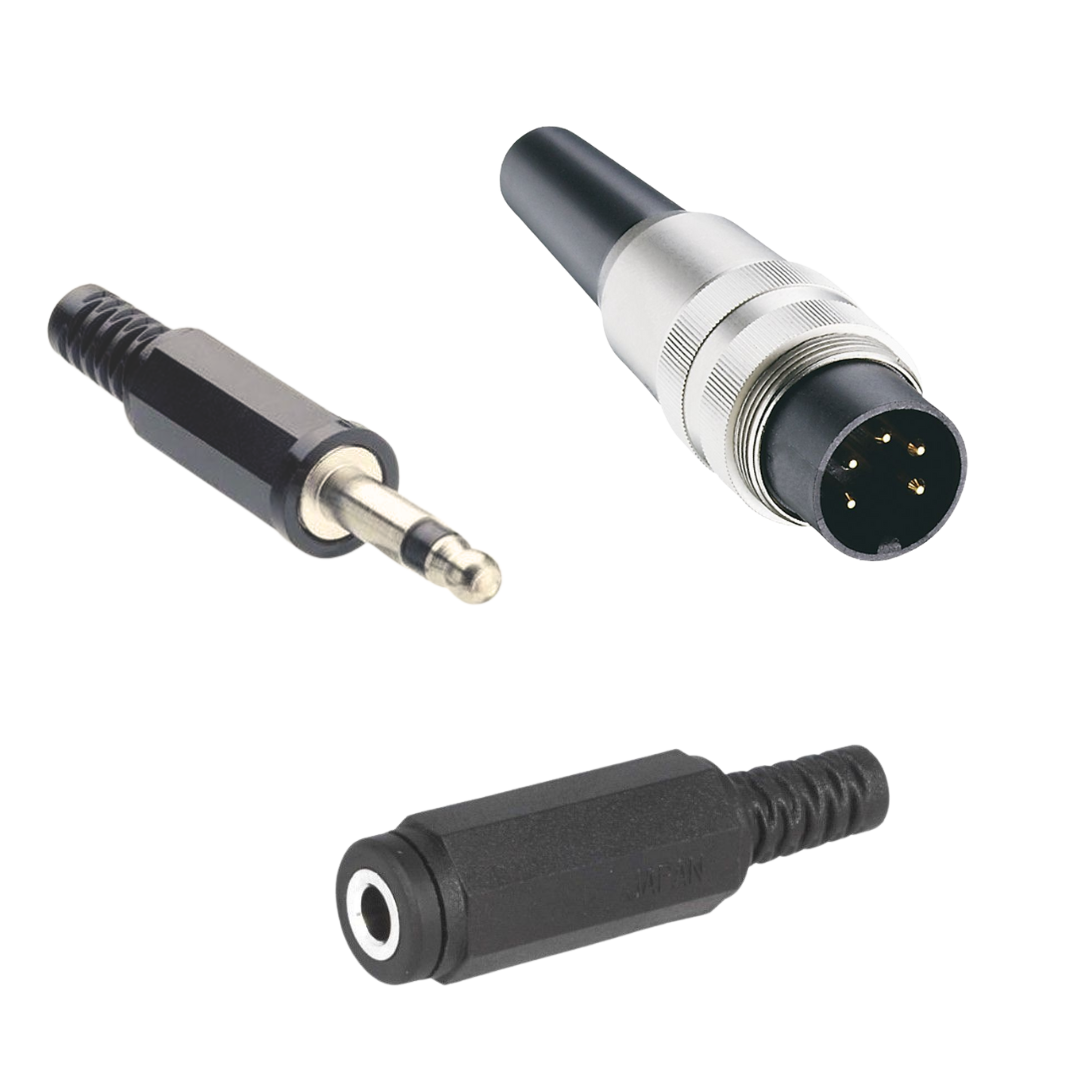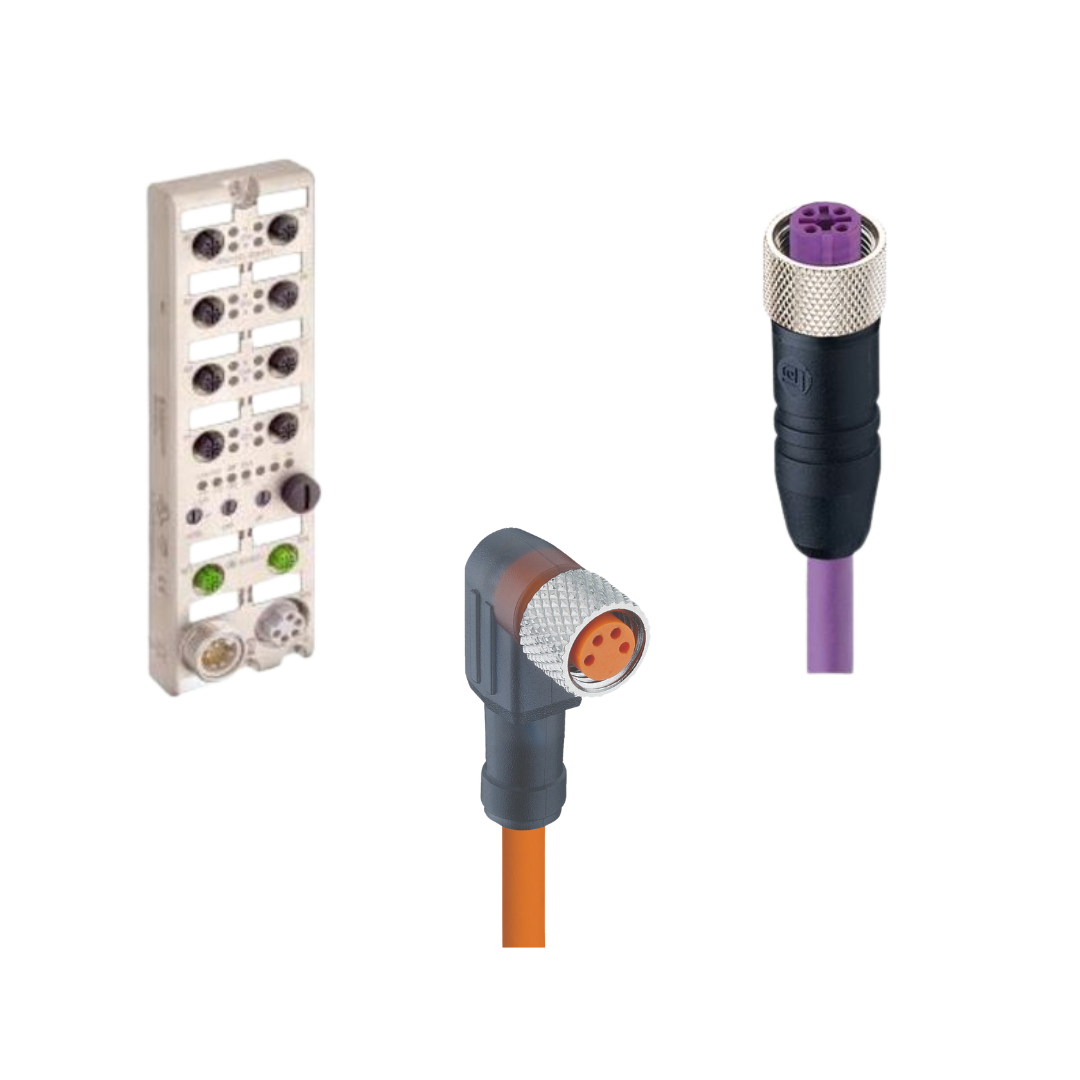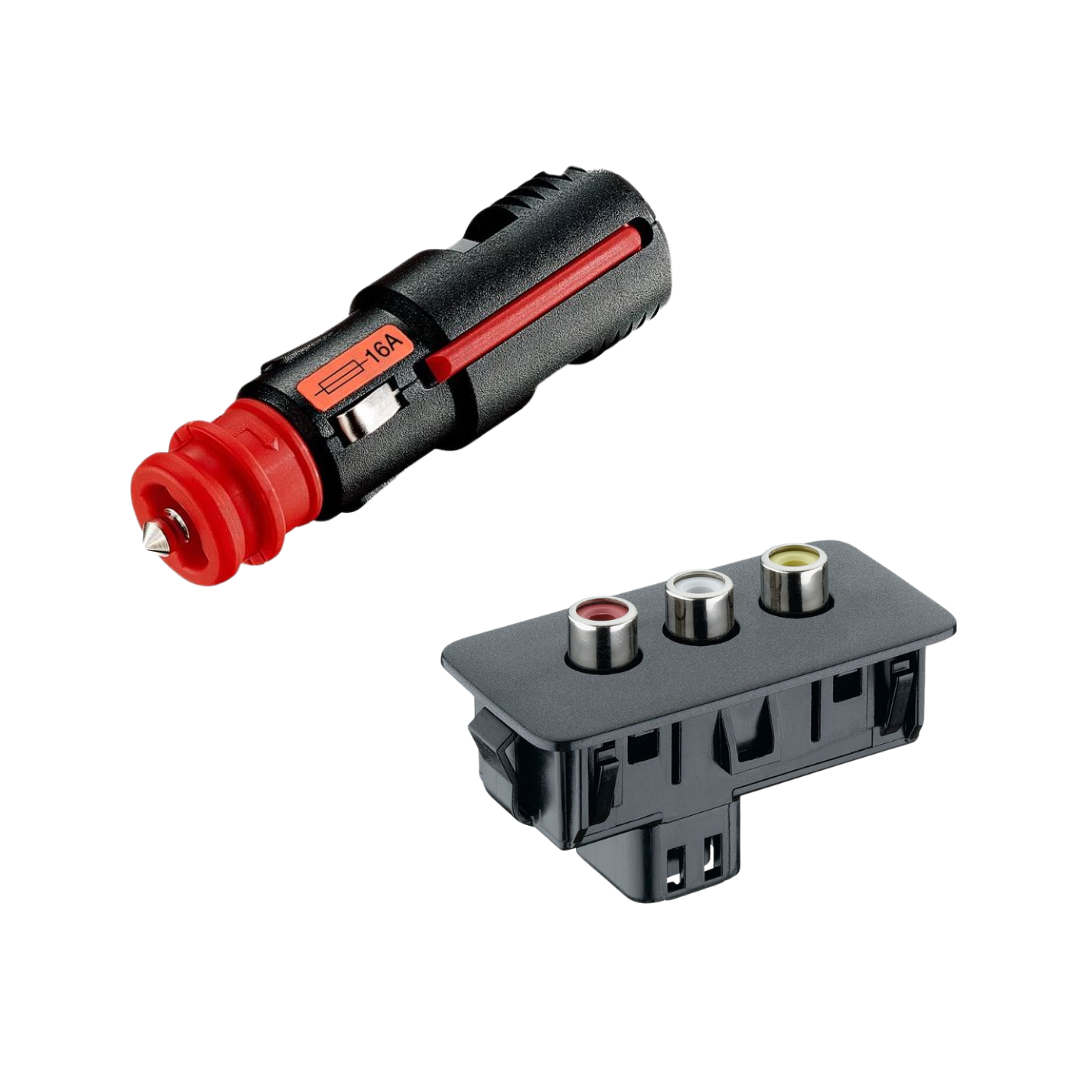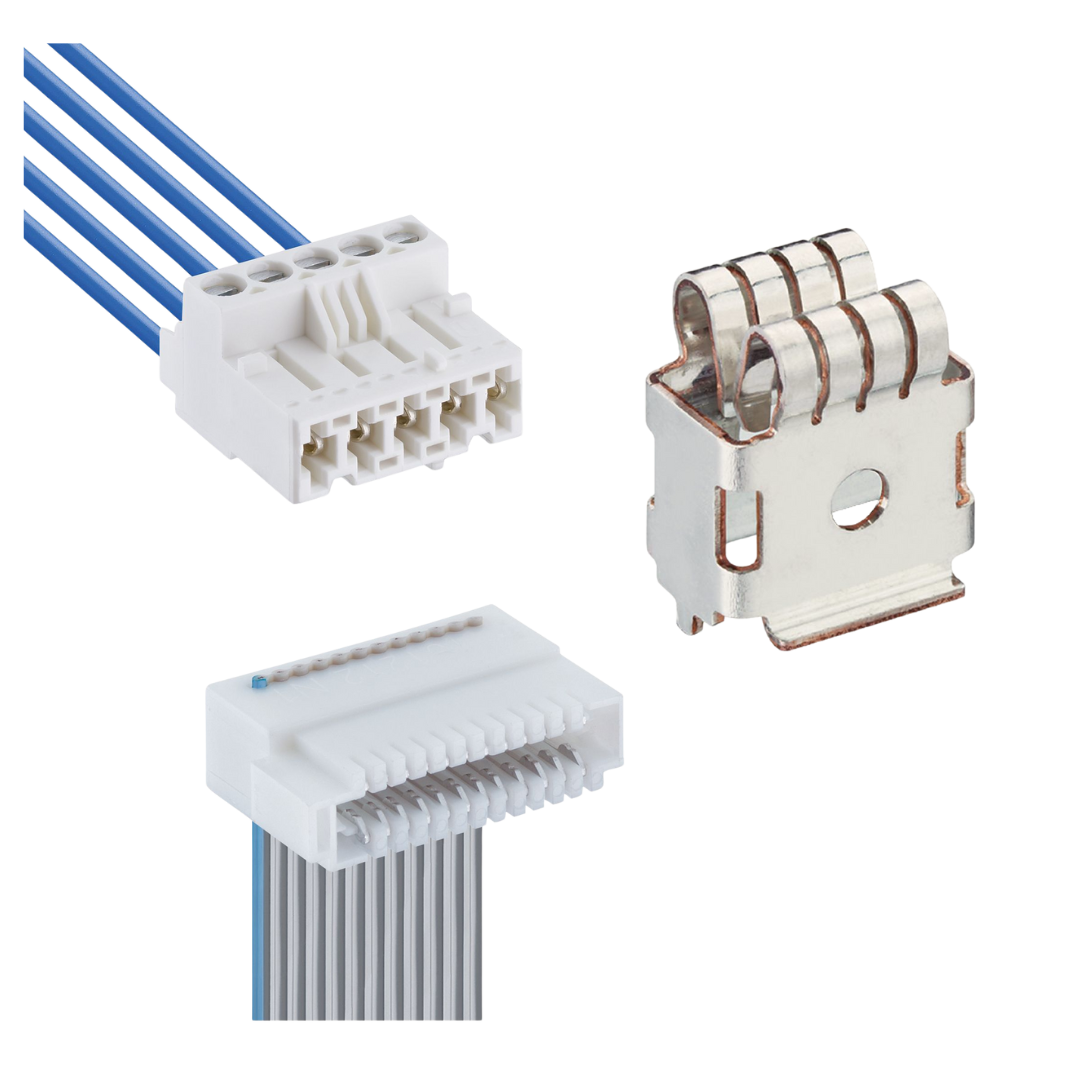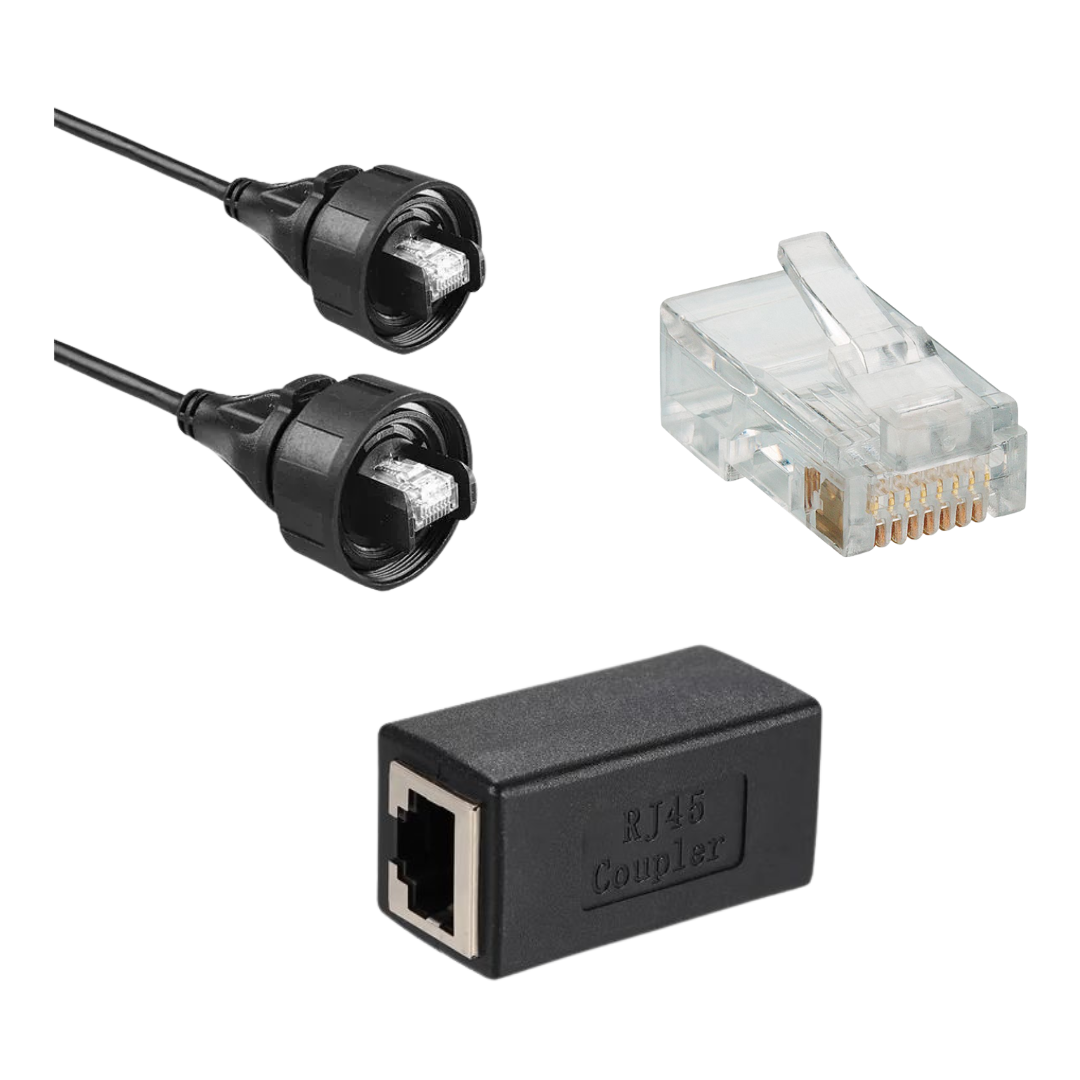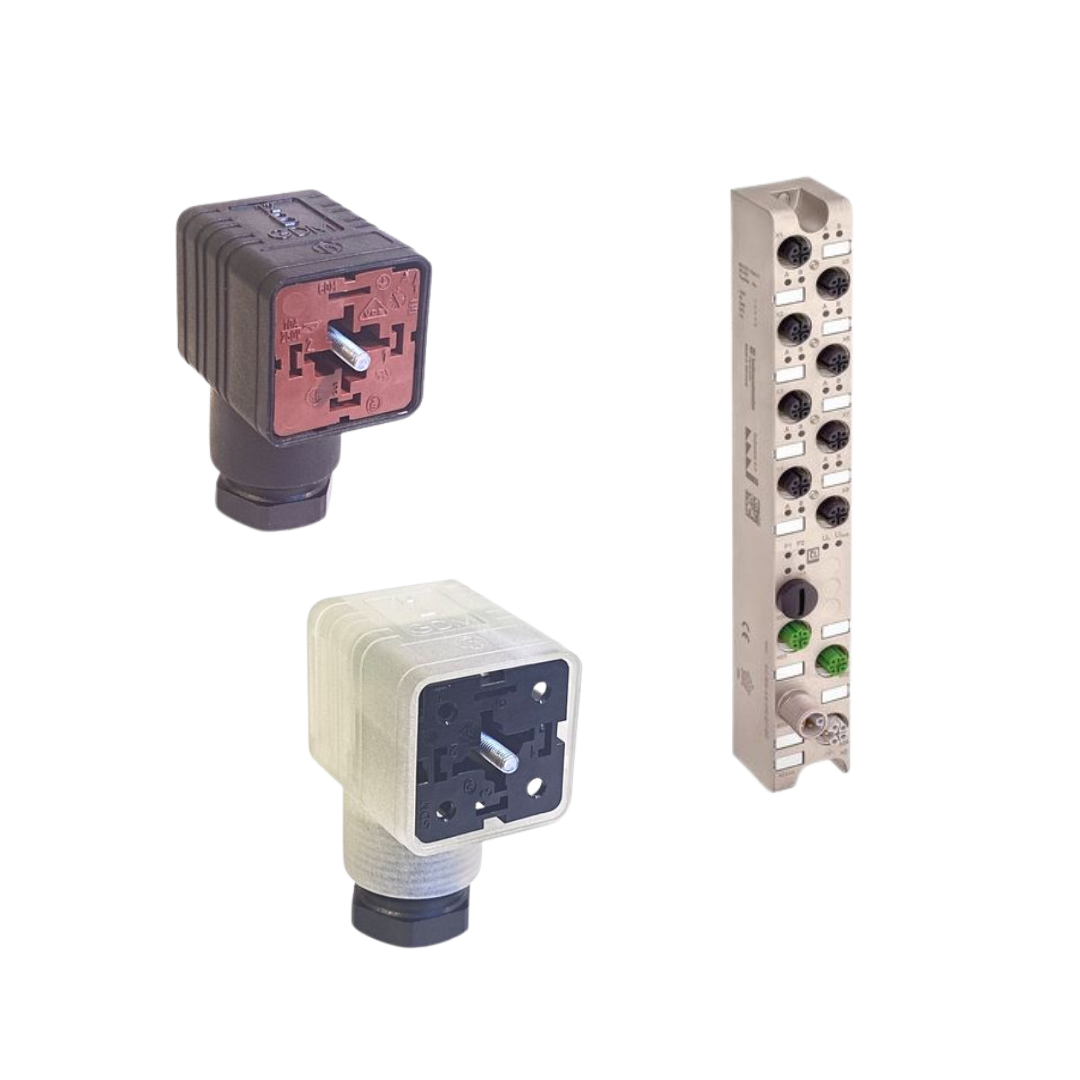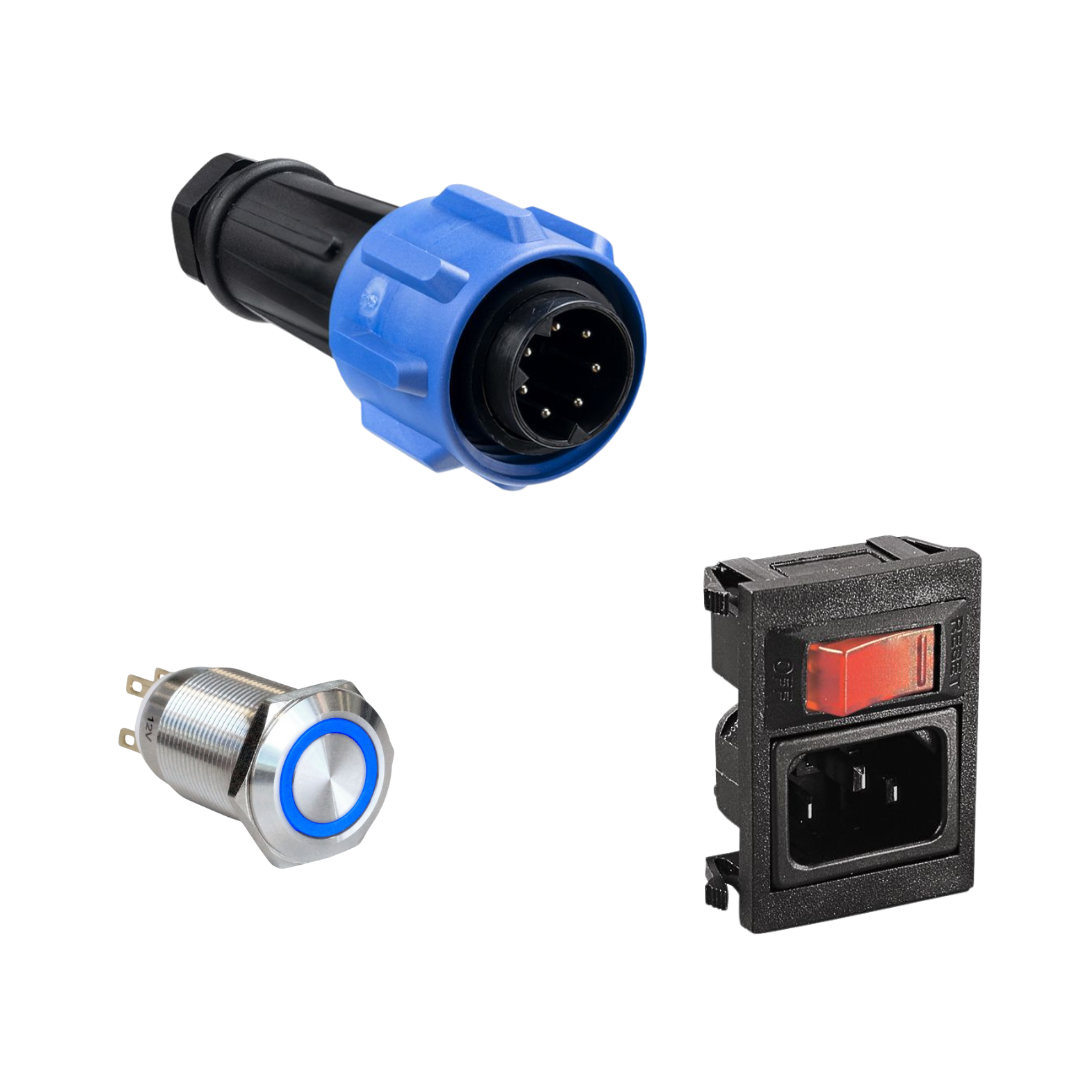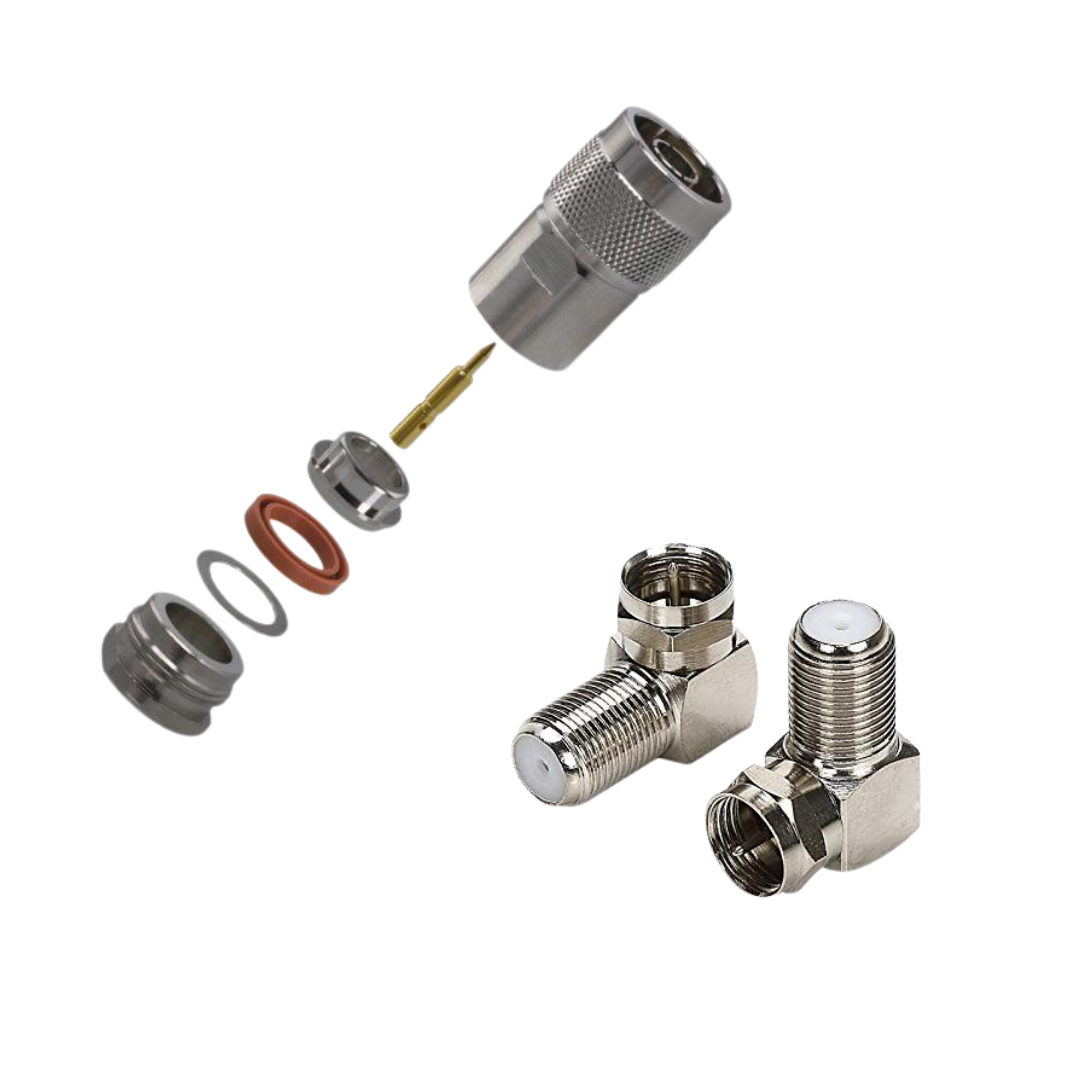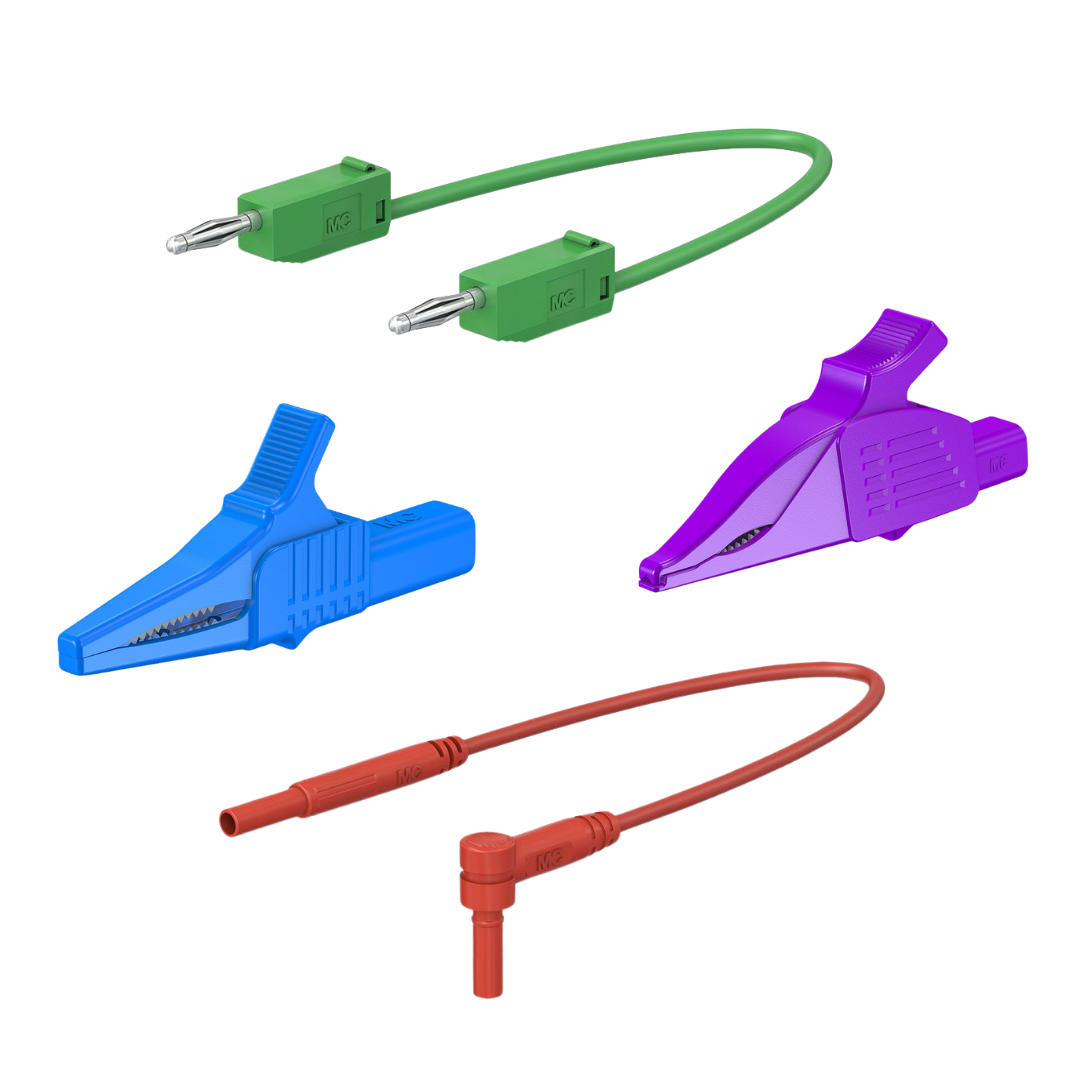02/06/2023
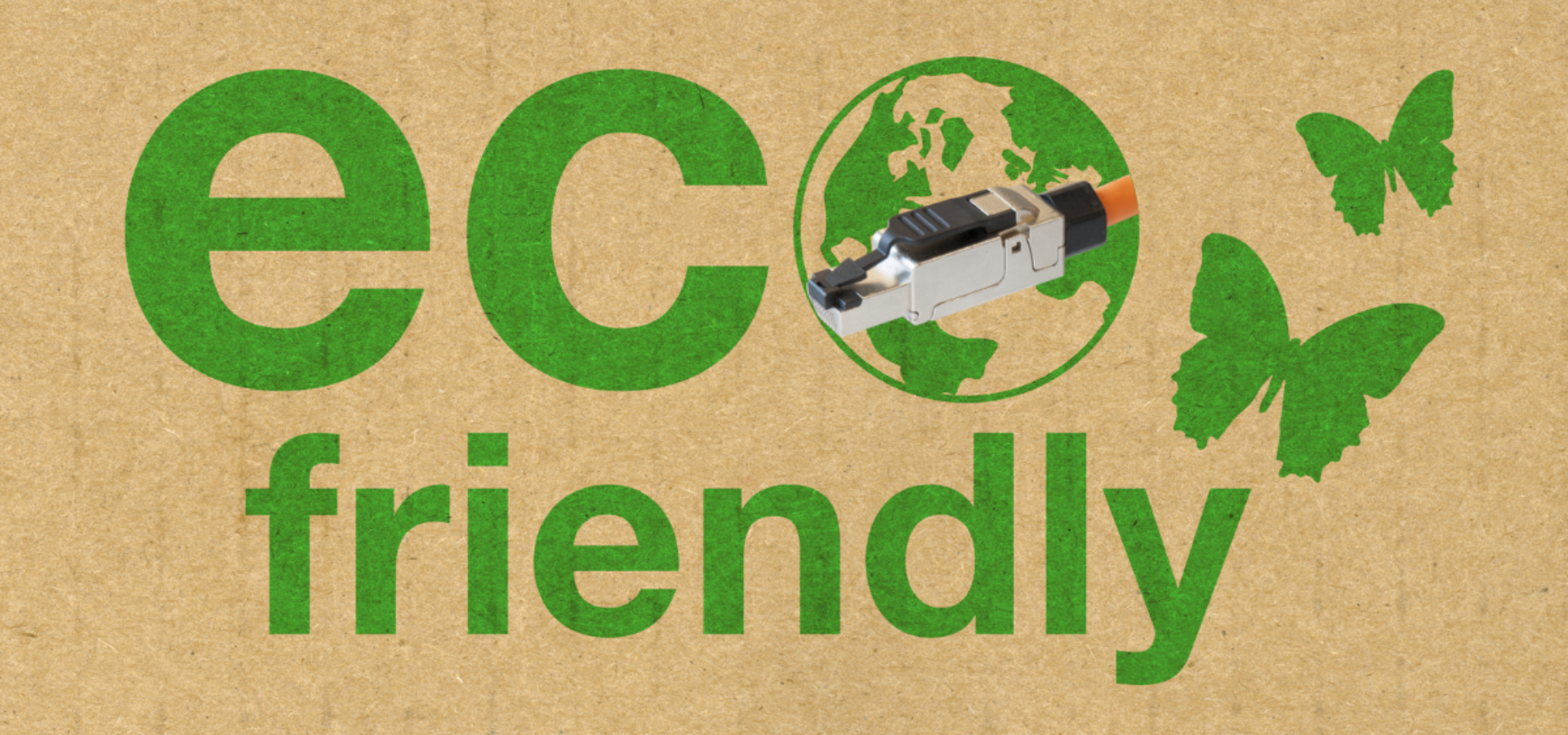
Increasing Focus on Sustainable Connector Solutions
Over the past few years, the world has seen a rising awareness regarding the significance of environmental conservation and sustainability. This heightened focus has resulted in more stringent environmental regulations, compelling businesses—especially those in the electronics sector—to adopt sustainable practices. Lumberg Netherlands stands as one of these companies, rising to the challenge of eco-friendly solutions while meeting the increasingly stringent industry standards.
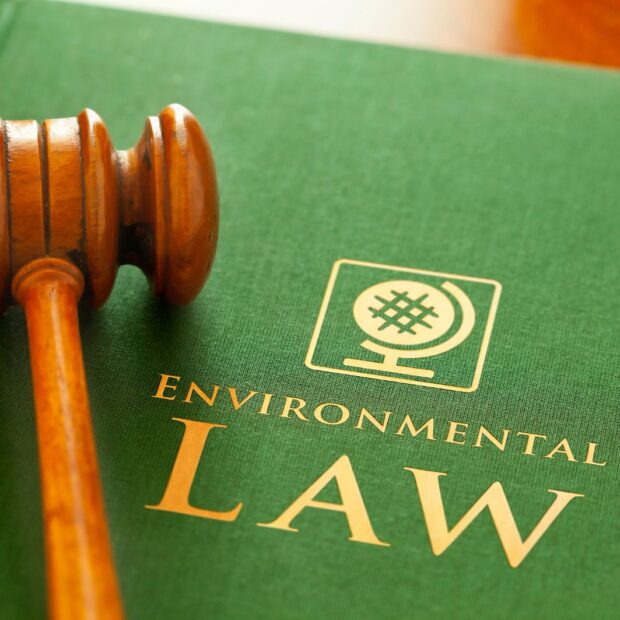
The rise the environmental regulation and sustainability
In recent years, the electronics industry has come under increasing scrutiny due to its detrimental environmental effects. Electronic devices and components frequently contain harmful substances such as lead, mercury, and cadmium, which contribute to pollution of soil, water, and air. Additionally, the rapid pace of technological advancement results in electronic devices becoming obsolete at a faster rate, leading to a surge in electronic waste.
In response to these concerning developments, governments worldwide have implemented environmental regulations aimed at reducing the negative impact of the electronics industry.
Legislations such as the European RoHS (Restriction of Hazardous Substances) and REACH (Registration, Evaluation, Authorization and Restriction of Chemicals) restrict the use of hazardous substances in electronic products and require manufacturers to assume responsibility for the entire lifecycle of their products, including the adoption of sustainable connector solutions.
History RoHS
The original RoHS directive was established in 2002 within the European Union, aiming to restrict the usage of six hazardous materials in electrical and electronic products. Since July 1, 2006, all products entering the EU market have been required to comply with RoHS regulations.
In 2011, the EU introduced Directive 2011/65/EU, commonly known as the RoHS Recast or RoHS 2.
Directive 2015/863, often referred to as RoHS 3, supplements the original directive by adding four additional restricted substances, specifically phthalates, to the initial list of six.
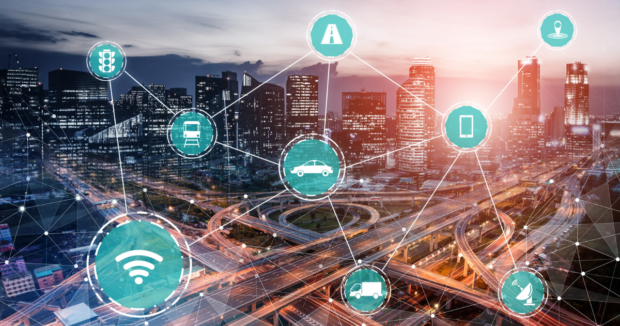
RoHS in 2023
Every company that sells electrical or electronic products, assemblies, and cables to RoHS-compliant countries, or sells to resellers, distributors, or integrators, must adhere to RoHS regulations if they utilize any of the ten restricted substances. This obligation extends to Lumberg Netherlands as well.
With the swift proliferation of digitization and IoT, the production of electrical and electronic components has seen a significant surge. This encompasses various devices such as smart home assistants, robots, drones, 3D printers, and medical devices for home use. It's imperative to note that all these devices fall under the purview of RoHS regulations.
Lumberg Nederland as an Environmentally Conscious Partner
Within this framework, Lumberg Netherlands has emerged as a premier wholesaler of electronic connector components, prioritizing sustainability and environmental consciousness. The company acknowledges the imperative of adhering to environmental regulations while striving to make a positive environmental impact.
